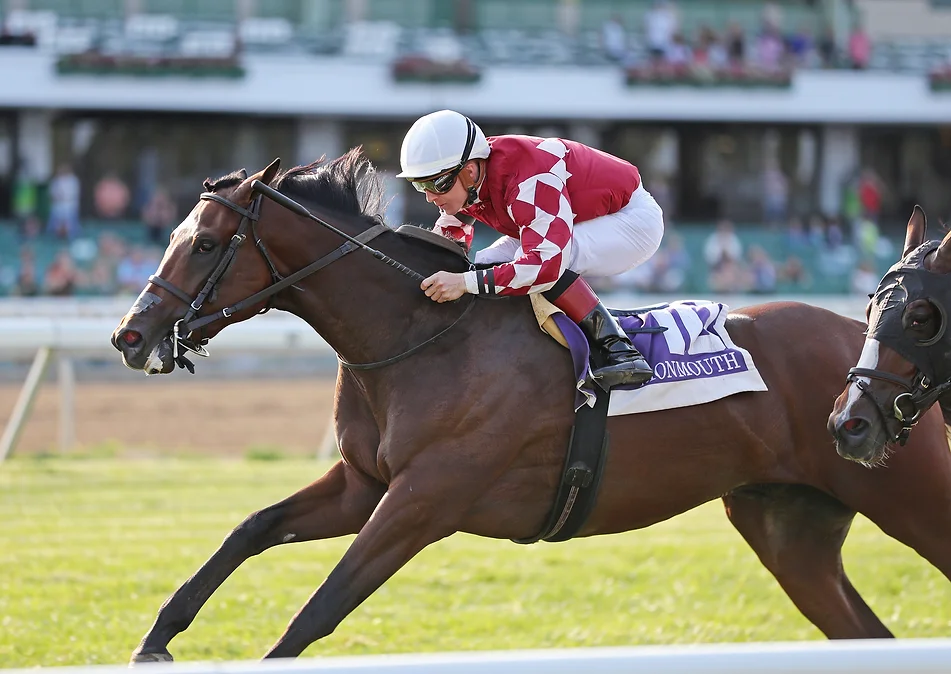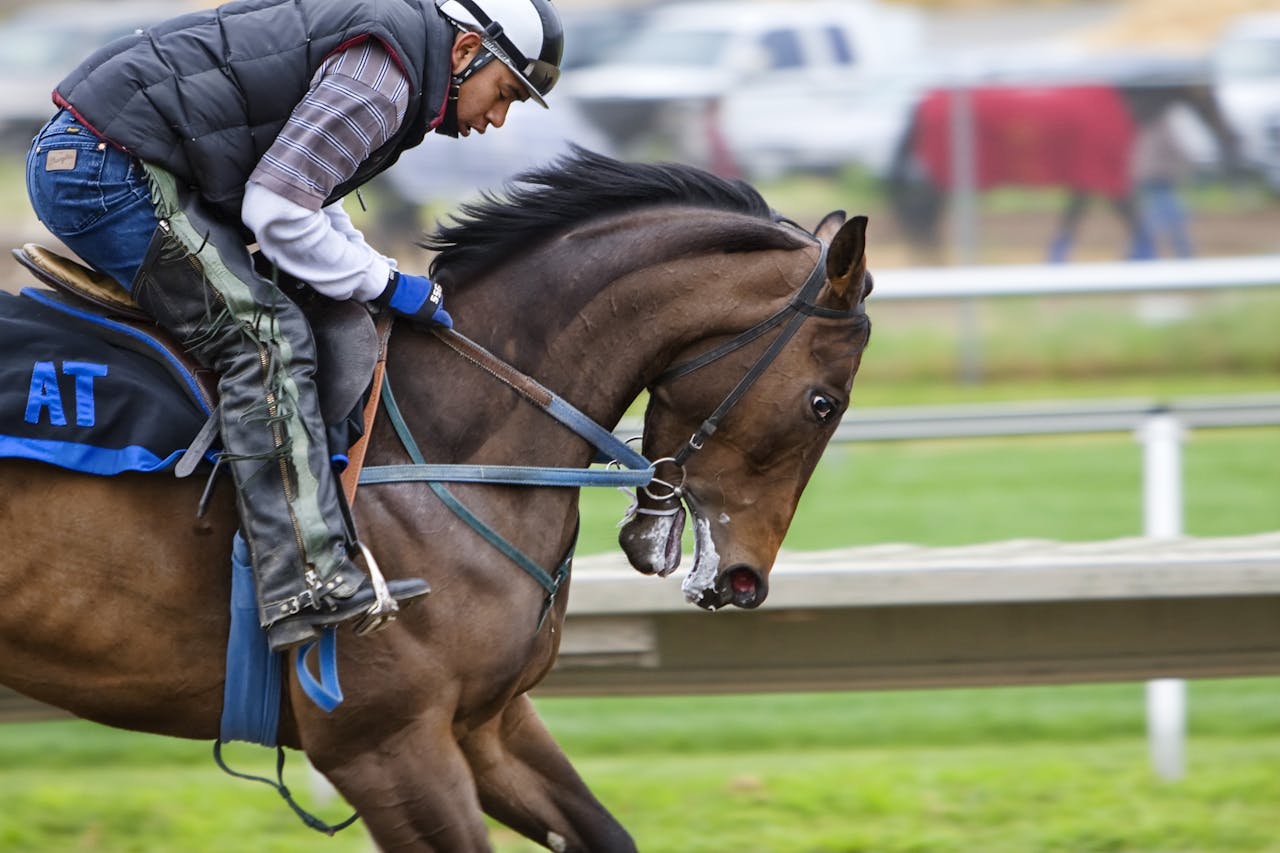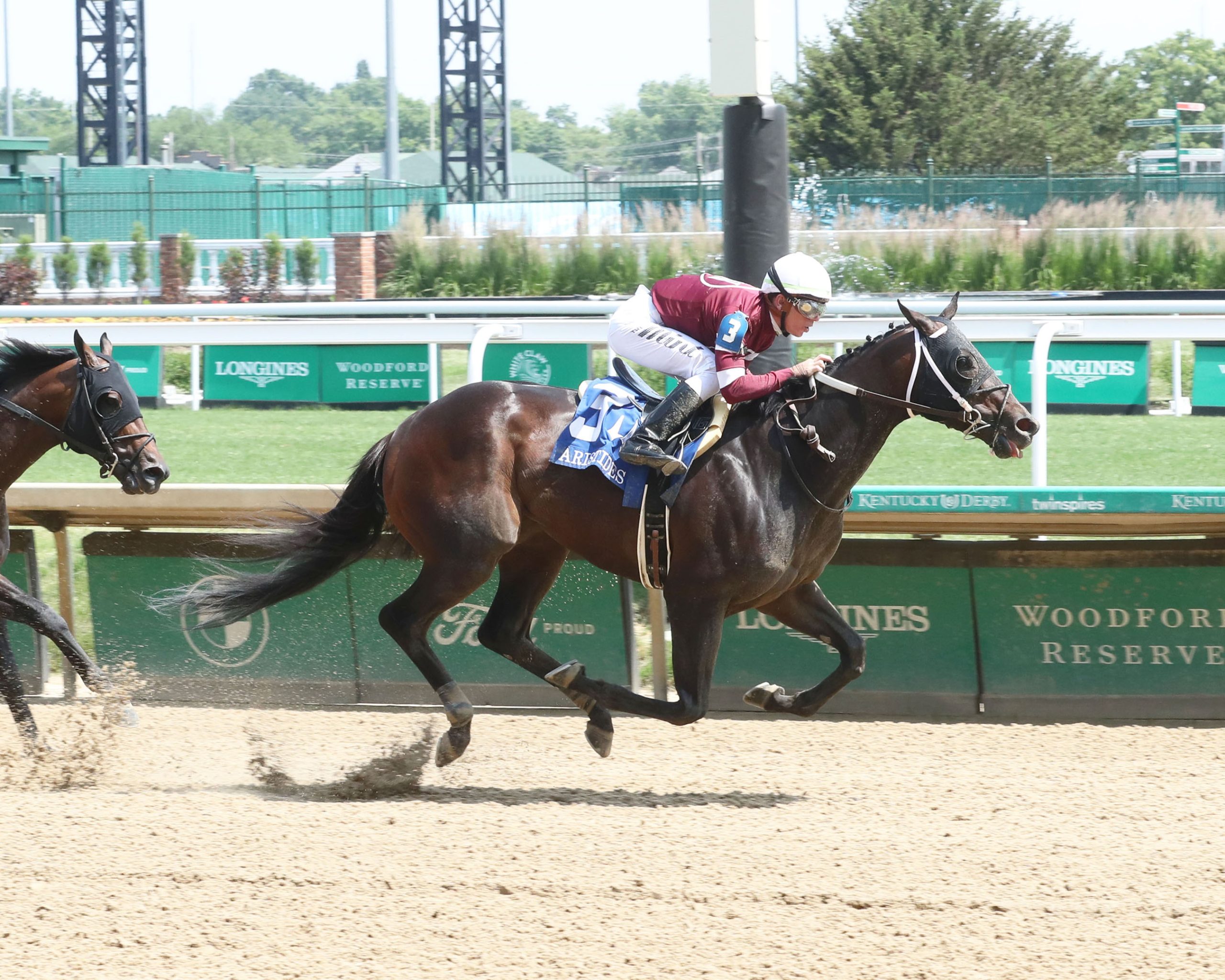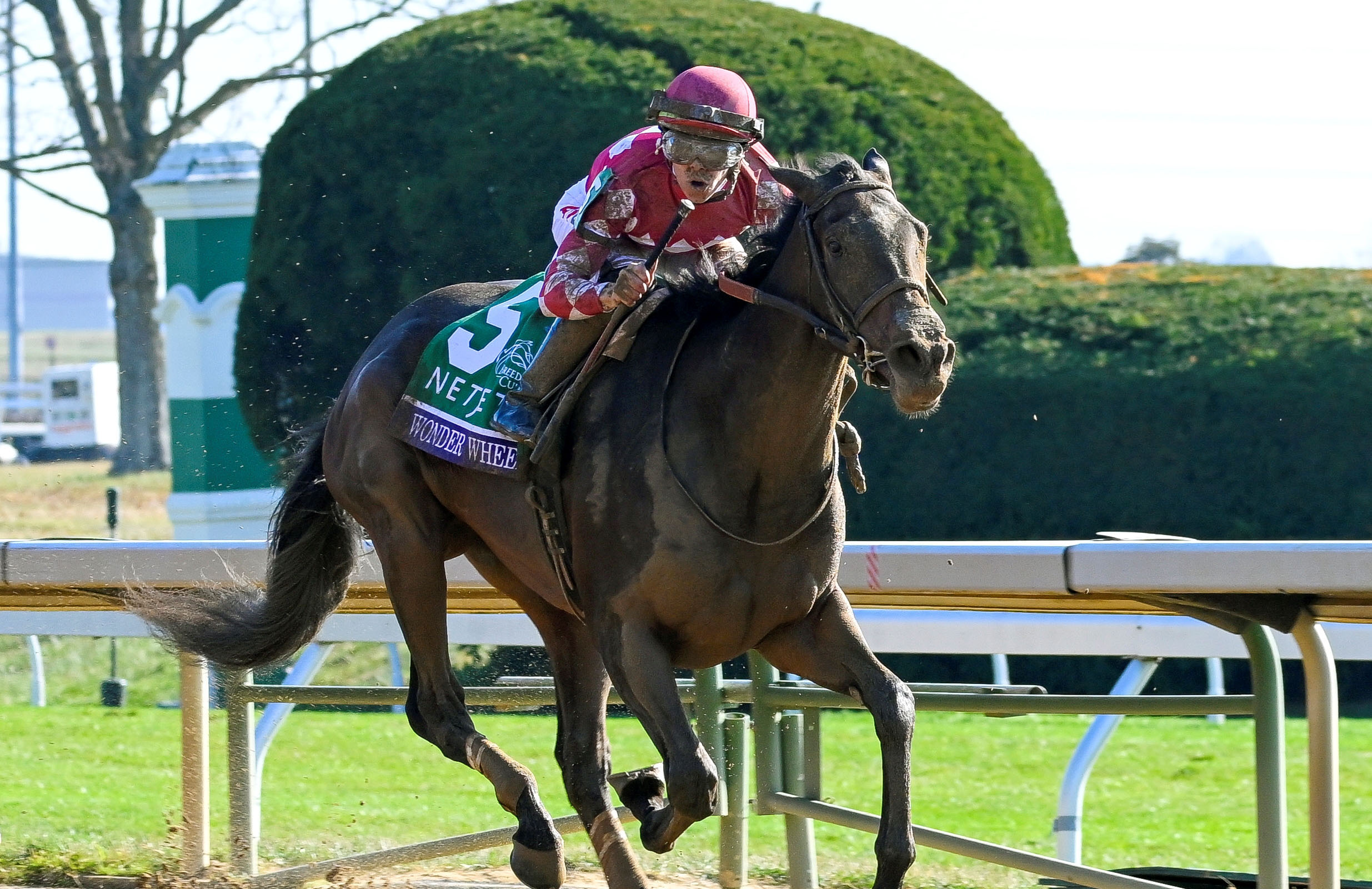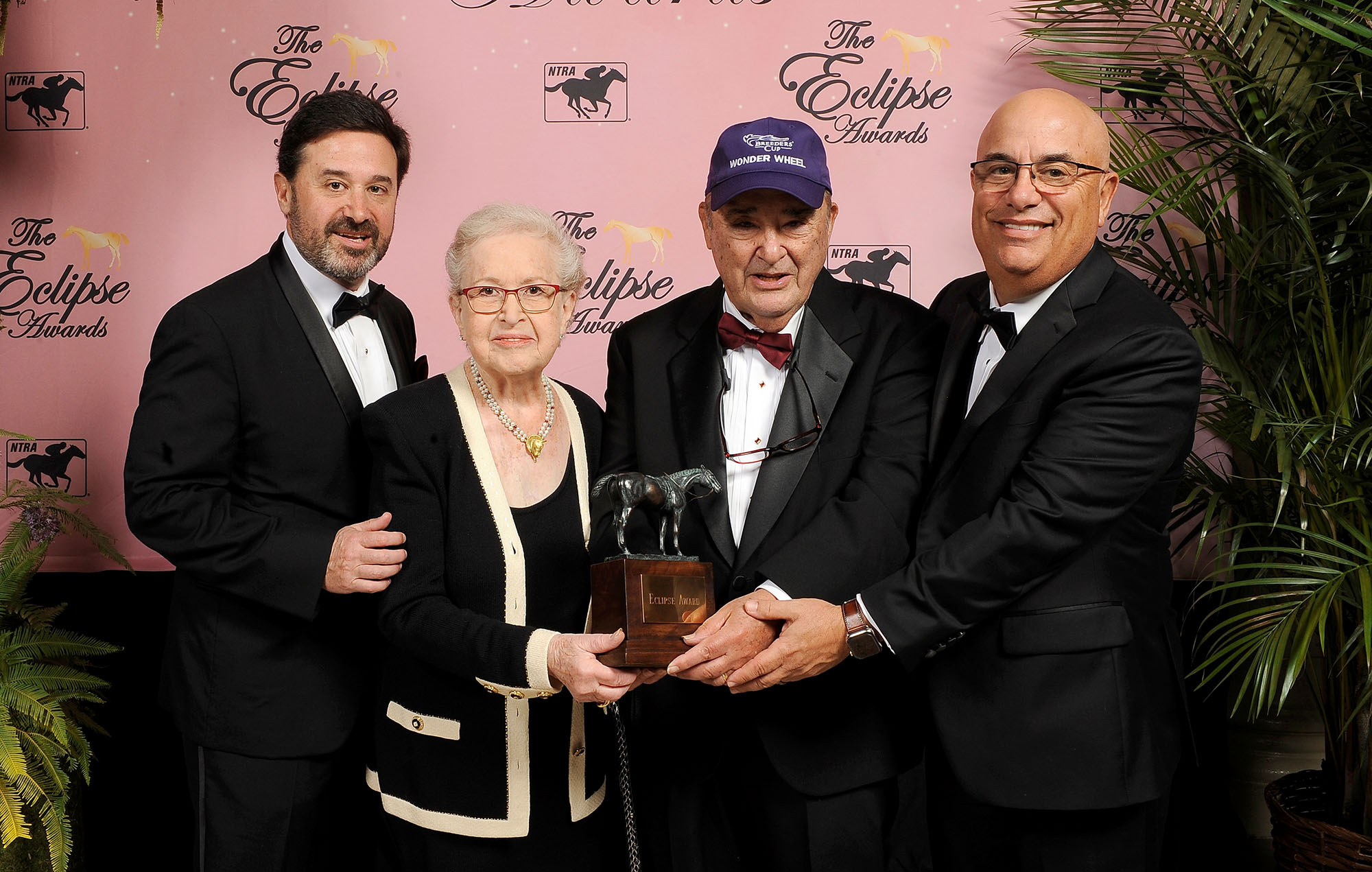When you need business advice, would you turn to someone who's never owned a business? As business owners ourselves we understand the intricacies of owning a business and help navigate you toward success.
We understand that your business, whether a start-up, a family run entity, or a long standing company, means everything to you. It is where you spend a majority of your time: physically, financially, and mentally. You haven't left it behind just because the "we are closed" signs are put up for the night. We know because that's how we operate here at The Green Group.
The Green Group understands that you need someone as invested as you are in your business. We take care of any and all your accounting needs from bookkeeping and payroll to tax returns. We also offer strategic consulting so you can be guided in the right direction - which includes:
- Financial & Business Planning
- Cash Management
- Mergers & Acquisitions
- Continuity of Business
- Forecasting & Projections
- Financial Statements
- Business Partnerships
- Business Valuations
Business valuations are used for many purposes in the life of a business. At The Green Group, we believe in creating value for you as an owner. We know companies that are dedicated to value creation are more profitable, build a stronger framework for growth, and create higher living standards and more opportunities for individuals. A business valuation can provide a clear framework for growth and planning, strategically identifying value drivers and creating a business which will obtain the maximum value at the time you are ready to sell it, merge it, or just keep running the business and creating growth and maximum value.
Our consultants are designated Certified Valuation Analysts who possess advanced degrees in business, accounting and finance. They have prepared business valuations in numerous industries and have provided expert witness and litigation support.
In a business valuation we look at the history of the business (if available), research the industry, acquire industry benchmarks, compare it with industry research and complete a comprehensive analytical report which analyzes and calculates the value of a business at a fixed point in time. Our final valuation report is comprehensive, informative and grounded in industry research, economic research and tied down with strong statistical and analytical evidence for our conclusion. Additionally, our business valuations can provide insights into a company's strengths and weaknesses to help you to understand what adds value to your business and provide a road map for increasing its value.
- Strategic Planning for Maximum Value of Your Business
- Buy Out of Shareholder or Partner
- Gift and Estate Planning
- Shareholder/Partner Disputes
- Succession planning
- Buy/Sell Agreements
- Divorce/Matrimonial Issues
- Business Financing
- Venture Capital/Angel Funding Purposes
- Bankruptcy Valuation & Support
- Mergers & Acquisitions
- Litigation Support
- Purchase Price Allocations
- Goodwill Analysis
- Fair Market Valuations
- Expert Testimony
- Due Diligence Reviews
- Cost Segregation Studies
- Tangible and Intangible Asset Valuations
A new parent wouldn't leave their newborn in the hands of an unqualified care taker, just like you wouldn't want your start-up in the hands of someone who hasn't been there before.
Your start-up is like your child. You've created an idea, a product, a masterpiece. You've poured your heart and soul into it because you're an entrepreneur and that's what you do. You've raised capital and require the skills and expertise of a firm who can guide you along your path to greatness.
The Green Group has been involved in many successful, and a few not so successful, start-ups through the years. From beverage companies, to software, green energy, pet food, clothing lines, healthcare, health foods, retail companies and many more. Your start-up consumes your life 24/7 until you get it just right, and then for (hopefully) many years later.
The Green Group understands that you need someone as invested as you are in your business. We take care of any and all your accounting needs from bookkeeping and payroll to tax returns. We also offer strategic consulting so you can be guided in the right direction - which includes:
Many of the hurdles we've helped start-ups overcome include:
- Business Plans
- Incorporation Strategy
- Determining Ownership Structure
- Succession Planning
- Employee Packages
- Benefits
- Insurance
- Culture
- Buy-sell Agreements
While getting your business off the ground, your focus should be on the logistics and the product, let us take care of everything else.
There are many aspects of starting a business that are sometimes overlooked until it's too late. We're here to help you make sure you hit major milestone markers before your company hits the ground running Day One.
Congratulations! You have come up with your great idea and you're ready to start putting your business to work. How do you structure your business so it continues to succeed and grow as it ages.
Jumping in without all of the information could lead to bad decision making. There are various ways to set a company up. We've outlined them below for you.
Crowdfunding is a relatively new way for small businesses to raise capital. It is the act of using the internet and social media as a source of funds for the business project. In order to get started, a person pitches an idea to a crowdfunding site. If fortunate enough, they will receive a small contribution from a large amount of people. The concept is not limited to ideas but can also be a business venture, software, capital for college, etc. Anyone who is seeking capital in this manner, must put the total amount needed for the venture and then attempt to spread the word through various social media outlets as well as family and friends. While there is no direct interest in any company, idea, or other situation from these types of websites, there are usually incentives which can include anything from services to information to being able to purchase products earlier than the general public. This form of financing has become a Mecca for up and coming entrepreneurs. The main problem with this source of income, however, is how it will be treated for tax purposes.
There are no current IRS regulations on crowdfunding. In fact, it's becoming a highly debated form of capital. Is it taxed like simple income to the recipient? Is it categorized as a gift? Will it be subject to sales tax? These are all issues that are unique in each given crowdfunding situation. The Green Group takes each individual situation and determines the best steps forward for each of our start-up clients.
When starting a business the last thing you want to worry about is what taxes your seed capital might be privy to. Don't get caught unprepared, let us help you grow your business.
The horse industry poses many unique challenges when it comes to tax and accounting, real estate, and syndication issues. At The Green Group, we pride ourselves on being at the head of the pack when it comes to your equine business.
You work hard to become the best in the business and you deserve the same kind of passion from the person responsible for your finances.
Some of the areas we specialize in within the industry include:
- Buying & Selling a Farm
- Hobby Loss Analysis (Section 183)
- Active vs. Passive Activity
- Employee Status
- Sales Tax
- Expense Classification
- Depreciation Analysis
- Special Horse Analysis
- Component Depreciation
The Green Group not only has a large client base in the thoroughbred and equestrian field, but our Founder also owns and operates a successful racing & breeding operation. Len Green has been a licensed thoroughbred owner since 1980 and currently acts as the managing partner for his family's racing and breeding operation, D.J. Stable, LLC. Len has over 20 years of experience in the thoroughbred industry as an owner, breeder, expert witness and consultant.
We are recognized as one of the leading accounting and tax consulting firms in the horse industry. Our dedicated staff is responsive and results oriented. We work hard to demonstrate our expertise and to help improve our clients' profitability.
As a material participant in the horse industry, just staying afloat is a major concern. Imagine on top of your day to day stresses, now the IRS has come to audit your equine business. What would you do? Who would you turn to?
The answers to these questions are the keys to a successful outcome, as the relationship between tax advisers and taxpayers is paramount in any IRS audit.
The most common audit in the equine industry is a Section 183(b) audit, better known as the "Hobby Loss" audit. Operating your business day to day is hard enough work, but Section 183b is a “dark horse” obstacle for unsuspecting businesses. Under this section of the tax code, the IRS has the power to categorize a business as a "hobby." If this determination is made the IRS reserves, and will enforce, their right to reject a taxpayer's expenses attained in the course of running a business.
What does this mean if this were to happen to you today?
For some owners it means the business would cease operations due to an overbearing tax bill.
You may be asking yourself, how exactly can the IRS make the determination that your legitimately run business is a "hobby?" The answer is not simple, especially in the equine industry where the Hobby Loss Rules have their own subset of parameters. A general rule many advisers follow: If a business fails to show a profit at least two years within a five year period, the IRS will undoubtedly win their case. This decision results in a substantial tax bill that will follow. However, an experienced adviser within the industry knows that the tax code allows a business owner to extend the five year period to seven years which will assist you in protecting your business and your investments.
The IRS objectively conducts a nine point test to determine if a business is operating with the motive of generating a profit. It is your tax advisers duty to establish these nine points to put you in a better position while defending you against the IRS. These nine points are:
- The manner in which the taxpayer carried on the activity,
- The expertise of the taxpayer or his or her advisers,
- The time and effort expended by the taxpayer in carrying on the activity,
- The expectation that the assets used in the activity may appreciate in value,
- The success of the taxpayer in carrying on other similar or dissimilar activities,
- The taxpayer's history of income or loss with respect to the activity,
- The amount of occasional profits, if any, which are earned,
- The financial status of the taxpayer, and
- Elements of personal pleasure or recreation.
Don't let your equine business become a night "mare" Let our dedicated niche staff assist you. We offer a former IRS agent and a staff with over 40 years experience in the business to assist you and guide you in the proper direction.
Many workers you employ in the horse industry are either part-time or seasonal contractors. You move your horses based on the weather, and where they are racing or competing so your workers are constantly changing. From barn maids to hot walkers, each and every person you pay must be classified in one way or another. Be sure that you classify them correctly.
Generally workers can be put into one of the following categories:
- Independent Contractor
- Employee
- Statutory Employee
- Statutory Non Employee
An independent contractor must meet three tests: who has control or direction of work, is it independent trade or business and is it an outside service. What does that mean for the independent contractor? Each worker needs to have a separate office, business location, their own tools, insurance, and licenses. Normally, the contractors are paid by job not per hour and any work preformed is outside of the employer's normal place of business. There is also the possibility of making a profit or a loss. The independent contractor must comply with instruction on when and how a particular job is to be performed; he/she could be fired if not obeying specific instructions. There is typically a contract which outlines the work to be performed. At the end of the year the employer will be responsible for issuing 1099s for each employee.
In order to deem someone a W-2 employee there are three different tests and levels of control in each. Test one is behavioral control, which means how the worker is trained to perform the task and if the details of performance are controlled by employer i.e. when, how. The greater the control that is in place, the most likely the worker is an employee. The second test is financial; employees must be guaranteed a salary or hourly wages over a specific period of time. The most common way to pay an employee is on a weekly or biweekly basis. The third test is the type of relationship the employee has with the employer. Some factors that influence this include is the worker guaranteed benefits, i.e. vacation, health insurance etc. and are there any contracts in place.
Statutory Non-Employees are not subject to federal and social security tax withholdings. Usually direct sellers and licensed real estate agents fit this category; their income is reported on form 1099 MISC.
The last category of workers is Statutory Employees. They may be subject to unemployment and social security withholding, but not to federal withholding. However, the employer will still issue a W-2 since the role itself meets behavioral, financial and relationship tests same as with Employees. Drivers, full-time life insurance sales agents selling for one insurance company, employees who work away from home, full time traveling employees which work with orders all fit this category.
There are several financial challenges your company may encounter, including- addressing compliance obligations, meeting shareholder expectations, and demonstrating the financial strength of your business.
The Green Group's Accounting and Auditing Department works with you to overcome your problems, all while finishing engagements in a timely and efficient manner. We are experts in helping you with:
- Audit
- Review
- Compilation
- Agreed Upon Procedures
The Green Group specializes in preparing financial statements for the following sectors and Industries:
- Not-for-profit organizations
- HUD Approved mortgage lenders
- Healthcare services organizations
- Manufacturing and distribution
- Service Organizations
- Equine Industry
- Real Estate Entities
- Homeowners Associations
Going through a divorce can be a very sticky and costly situation. It is usually very emotionally charged, and you don't want to make a permanent decision in the heat of the moment. The key is to have the right person to help you prepare financially for the end result because asset and debt distribution will affect you for the rest of your life. You can increase your chances of arriving at a settlement that fully addresses your long-term financial needs with proper planning and expert help from professionals specializing in financially equitable divorce settlements,
Developing comprehensive insight of the short and long-term financial effects of divorce can save valuable time, money, and distress, especially if the process is conducted early in the legal proceedings. Many separating couples seek individual legal assistance before assessing their financial situation. While lawyers serve a crucial role as individual legal advocates, they are not necessarily there to explain financial consequences in detail.
- How a financial analysis is conducted and who conducts it is very important. Financial decisions must be made that not only take care of immediate needs, but needs down the road in the future as well.
- Understanding the issues at hand is important. You need to think through what the divorce will really cost you in the long run and develop a realistic monthly budget during the financial analysis process. Expenses such as life insurance, health insurance, and cost of living increases must be taken into consideration when agreeing on a final financial settlement.
- Being able to think creatively will help get you to a point of satisfaction. However, you must be cognizant of all tax liabilities and benefits.
The role of a forensic accountant is one with many hats. They serve as your investigator, accountant, auditor and attorney in instances of fraud.
You might be thinking, fraud in my business, never, why would I even need a forensic accountant? This role, however, can fulfill one of business continuity to ensure all of your hard work stays safe and secure. We will come in, determine if there is anything that may not be sitting right by reviewing your books and records, security measures you may have in place and help you ascertain the best steps forward. If there is no fraud but you're worried it could occur in the future, we can also complete an analysis and then assist you in setting up security systems and to help protect against future fraud.
In the event your business is a victim of fraud, we can reconstruct your accounting records, calculate and quantify losses and economic dangers, trace assets and identify unreported income or income diverted from your business.
While no single measure will 100% protect you or your business, taking steps to put processes and business continuity measures in place along with periodic forensic discovery can make sure that any potential threats do not turn into catastrophic events for your business resulting in money lost, damaged reputations and the possibility of having to shut down your business.
Some areas where this particular service is utilized:
- Family Matrimonial Law - Fraud or Litigation Support
- Shareholder/Partner Disputes
- Minority Shareholders
- Employee or Vendor Theft
- Collusion of Employees - i.e., CEO/CFO
- Expert Witness Testimony
Investing your money in real estate can be tricky business if you don't have the best professional assistance behind you. At The Green Group we understand the intricacies that present themselves in this area because some of our partners are real estate investors themselves.
We offer expertise in all aspects of retail and commercial real estate ventures including purchasing, selling and managing.
Whether you are a developer, owner, manager or investor we can help you navigate the volatile real estate market to maximize your profits and opportunities. To be profitable, you must constantly be looking to the future and we are. Our real estate group stays up to date on changes in the real estate markets, local laws, refinancing analysis and taxes that may impact you.
The Green Group incorporates tax planning into your real estate equation to allow you to keep as much profit from your investment as possible, while at the same time maximizing the benefits associated with your investment.
We can assist you with:
- Valuation
- Passive vs. Non-Passive Activity
- Depreciation Analysis
- 1031 Exchange
- Partnership Issues
- Buy vs. Lease Analysis
- Syndications
- Financing Analysis
- Estate Issues
- Allocation Issues
- Financing Analysis
Most real estate owners and investors are familiar with the tax laws pertaining to the taxation of gains when a piece of property is sold for more than its “adjusted tax basis.”
There are exceptions to defer the taxation of these gains which one must be concerned with.
Real estate has enjoyed many benefits of the tax free exchange defined in Internal Revenue Code Section 1031 (“1031 Exchange”). The tax free real estate exchange is one of the more significant tax benefits which permit real estate owners to build wealth and save on their taxes.
Typically owners of residential rental property depreciate the entire cost of their building over 27.5 years. Owners of other types of buildings, such as offices, retail space, grocery stores, restaurants, warehouses, and manufacturing plants often depreciate the entire cost using a 39 or 31.5-year depreciation period, respectively, depending upon the date of acquisition. Under IRS cost segregation guidelines, however, a significant portion of a building's cost can be depreciated over much shorter periods, usually five or seven years.
The cost segregation rules are complicated, but in brief they allow a taxpayer to separately depreciate components of a building that are unrelated to its "operation and maintenance" over the shortened depreciation periods. In addition, these depreciation deductions are computed using an accelerated depreciation method which allows costs to be recovered at twice the rate that applies under the "straight-line" method. The slower straight-line method is used to depreciate residential rental property and other types of buildings but this may not be the best option for your commercial properties.
A cost segregation feasibility study is normally conducted by an outside consultant who specializes in this area. These outside consultants have high standards to adhere to in order to provide a study which is acceptable to the IRS.
Many types of building components can qualify for the shortened depreciation period and accelerated depreciation method. Here are some common examples:
- Molding
- Millwork
- Carpeting
- Wall coverings
- Partitions
- Counters
- Cabinets
- Shelving
In addition, certain land improvements located outside of a building may be depreciated over 15 years. Land improvements include items such as:
- Landscaping
- Fences
- Curbs
- Parking lots
- Lighting
- Utilities
- Swimming pools
- Tennis courts
- Playgrounds
These lists are not all encompassing. There are many other items that can qualify for the shortened depreciation period. Depending upon the type of building, you can expect to deduct between 10 and 60 percent of its cost over the shorter recovery period.
In addition to identifying personal property elements, the study will allocate the appropriate costs to these items. Such costs include direct material and labor costs, as well as indirect costs such as architect and engineering fees and impact and permit fees.
In the case of an existing building where records are not readily available, valuation experts may rely on standardized cost estimation manuals. However, it may be more expensive to perform a cost-segregation study on old construction because of the increased difficulty in obtaining the pertinent records and documentation.Set forth is a recent example of a cost segregation analysis prepared for a client.
The Green Group can set up your sales tax account, file the return and make the sales tax payments on your behalf. We also determine what the amount of sales a company has for the filing period based on bookkeeping records.
The Green Group is a highly specialized tax and accounting firm with an entrepreneurial edge. Len Green founded the Green Group in 1973 after five years of working with Deloitte Touche. With his team of seasoned, successful entrepreneurs, family business owners, investors, venture capitalists, real estate owners and IRS specialists, Green transcends the typical firm to client relationships. He invests himself into understanding the unique qualities and intricacies of each client’s tax situations and financial goals.
The Green Group clients, based all over the world, consist of closely held businesses, family businesses, thoroughbred businesses, entrepreneurs and high net worth individuals and their families.
“Each client's financial situation is a puzzle for me to figure out. I look for the best ways to put all their pieces together to maximize profits and returns. We are trusted advocates and advisors to everyone we work with,” he adds. “And nobody I have ever met in my lifetime wants to pay more than their share of taxes. I will always find clients tax savings, especially those in the horse business.”
“I lived my life looking for value, preserving it, and finding ways to make it grow,” said Green. “I see a lot of Thoroughbred racing and breeding operations that are not profitable. I cannot accept that. If they are clients of mine, I will find them tax savings. I guarantee it.”
Len Green knows three things exceptionally well: Thoroughbred horse ownership, entrepreneurship, and taxes. On that Venn diagram -- at his level of expertise - he very likely stands alone in the infinitesimal space where those circles overlap.
State and local taxes are always changing, in some cases local taxes are changing even faster than state taxes. We stay up-to-date on current information, passing along all of the tax savings and potential pitfalls to you.
We can help you file your gift tax returns and determine where taxes are applicable both to the giver and the receiver.
The Green Group can assist in helping you set up your 501(c)(3) company as well as help process and file all of your tax returns.
Receiving an investigation or audit notice from the Internal Revenue Service, the state, or any other audit branch, is a moment everyone hopes to avoid. When that moment does come, you need to be sure you have the best person representing you because average just won't do. You need someone who is a dedicated professional with experience in this field.
Our experts are dedicated to resolving tax issues at the federal, state and local levels. Our long standing history with the IRS and state authorities permit us to successfully resolve issues for our clients.
We have worked with a wide range of businesses and individuals in helping to resolve many different audit matters. We not only work closely with the IRS and state authorities, but with you, our client. We want to know about your business, what the best decisions are for you and what the best course of action is.
Our services include:
- Representation before Federal, State & Local Taxing Authorities
- Penalty Abatement & Negotiations
- Audit Defense
- State Residency Audits
- Hobby Loss Rules
- Payment Plans with IRS or State
- Offers & Compromise
- Money Laundering Issues
Under normal circumstances, you are able to offset business losses against other types of income (wages, interest and dividends). However, losses from passive activities may not be deducted against these types of income. Passive losses in excess of passive income are suspended and carried forward in the next succeeding year. Only when you sell your entire interest in the activity will you be allowed to take all of the suspended passive losses in a single year.
The best way to prove that you are not passive, but active and materially participate in a trade or business is to prove any one of the following seven rules:
- You participate more than 500 hours;
- Your participation constitutes substantially all of the participation in the activity;
- You participate for more than 100 hours and this participation is not less than the participation of any other individual;
- The activity is a “significant participation activity” and your participation in all such activities exceeds 500 hours;
- You materially participated in the activity for any five years of the 10 years that preceded the year in question;
- The activity is a “personal service activity” and you materially participated in the activity for any three years preceding the tax year in question; or
- You satisfy a facts and circumstances test that requires you to show that you participated on a regular, continuous, and substantial basis.
Methods of Proof:
- An identification of the services provided; and
- The approximate number of hours spent, based on appointment books, calendars or narrative summaries.
Contemporaneous daily records are not required if the taxpayer's participation can be reasonably established. If records provided are not reasonable, i.e., there is a credibility issue, they may request contemporaneous records.
Indicators that the taxpayer did not materially participate:
- The taxpayer was not compensated for services.
- The taxpayer's residence is hundreds of miles from the activity.
- The taxpayer has a W-2 wage job requiring 40+ hours a week for which he or she receives significant compensation.
- The taxpayer has numerous other investments, rentals, business activities, or hobbies that absorb significant amounts of time.
- There is paid on-site management/foremen/supervisor and/or employees who provide day-to-day oversight and care of the operations.
- The taxpayer is elderly or has health issues.
- The majority of the hours claimed are for work that does not materially impact his time or business.
Key Points the IRS Reviews
- Does the taxpayer work on a regular basis in the operations of the business activity?
- Has the entity been grouped by the taxpayer with another related entity as a single activity?
- Is the entity a significant participant activity (SPA) and if so, are there other SPAs (passive businesses) with which it can be grouped, and does the sum of all SPA hours exceed 500 hours for the tax year?
- Is the time claimed plausible in terms of the taxpayer's other commitments or from a common sense standpoint?
The IRS will try to treat some of your time performed as investor hours such as:
- Studying or reviewing financial statements or reports
- Preparing or compiling summaries or analysis for individuals own use
- Monitoring financing or operations in a more managerial capacity
- Reading articles and trade publications
- Whether, and how regularly, the taxpayer is present at the place or places where the principal operations of the activity are conducted.
Residency Audits are becoming more and more prevalent, especially in New York State, which also has a second layer if a New York City residency is involved. Should you have multiple residences there are steps you can take to determine your residency status as either full-time, part-time or non-resident. Below is what the state will look at to determine your residency status should you be audited for filing incorrectly.
Five Factors:
Home
- Which home/residence did you own first? How much was invested in each of the properties? How much has each of the properties been upgraded? Where does your family go to school? Where do you belong to clubs, gyms etc.? Where do you spend special occasions? Is one home a seasonal home? Where do you entertain? Where do you vote?
- Documentation - Closing statements/leases, moving bills, insurance policies, descriptions and photos of each of the rooms for each of the properties, drivers license, where you receive mail, if you have multiple cars/boats/other transportation devices and where they are kept, doctors offices, voter registrations, cable/phone/utility bills, grocery bills, catering bills etc, club/gym memberships, voter registration cards.
Time
- Where do you spend all of your time? What is the percentage of time you spend in the questioning state? Do you travel extensively for work or pleasure?
- Documentation - Journals, diaries or appointment books, all credit card statements, expense reports, phone bills, frequent flyer statements, passports, personal travel information, EZ-pass records etc..
Near and Dear
- What are your most prized possessions? What do you consider to be most sentimental? What is of the greatest value to you? What precautions have you taken to protect your home(s)?
- Documentation - Moving bills, security system information, insurance policies on certain items, photos of family heirlooms, recreational vehicles, media systems (surround sound systems, tv's, computers, etc.)
Family
- Where do your spouse, children, parents and siblings live?
- Documentation - housing information for those family members i.e., a driver's license showing proof of address
While there are many outcomes to a residency audit, you want to be sure you have enough information to be prepared to fight back if you in fact have filed correctly. We have the tools and experience to help you through this process.
In case of a major crisis, would you want to wind up in business with your partner's spouse? Without a Buy-Sell Agreement you run the risk of forfeiting part of your business to someone you may not have wanted involved in it at all. We can help you structure an agreement which will protect you from those types of situations.
We can perform a valuation of your business to determine it's worth and consult with you about when is a good time to sell or take on partners. We can also assist with risk analysis and the full picture of your tax liability.
The Green Group offers full payroll services in many states including filing quarterly taxes as well as processing bi-weekly payroll for your employees.
We understand that you may want to focus on your overall business and not on the bookkeeping. We offer full services for QuickBooks including staff members who are certified specialists. If, however, you'd prefer to do it yourself but don't know anything about the program we can help get you started.
Every audit is different and dealing with the IRS can be intimidating to the average person. You need someone in your corner with years of experience who can speak to the IRS for you. Our Enrolled Agent, Frank Palino, has handled numerous cases involving the IRS.
In IRS cases we will negotiate with the IRS, where possible, to either lower the cost substantially or have it completely removed. In either case, we're on your side in helping you navigate any outstanding penalties and interest fees.
Thinking about your company after you've gone is a daunting thought. Who you should pass your business along to is even scarier. You want to be sure that your plans are in place long before thinking about exiting the company. We assist you in setting your company up for a future without you.
What happens to your money after you've passed is a substantial concern for many people. We can assist you in setting up your estate in a way that best fits your needs.
For those businesses exporting services internationally you can utlize The Green Group's knowledge of the Interest-Charge Domestic International Sales Corporation (IC-DISC) which helps you maximize your tax filings. By incorporating an IC-DISC, you can increase after-tax cash flow, obtain export tax benefits and take advantage of the 15% tax rate on dividends.

